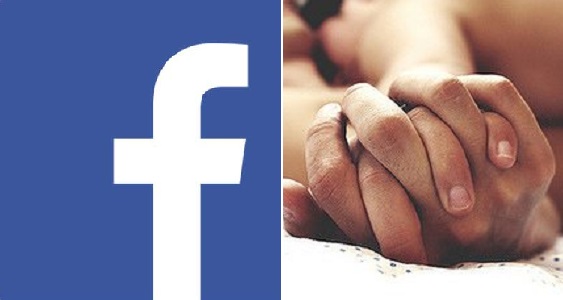Facebook has banned users from attempting to hook up
New rules banning the discussion of "sexual preference" are causing controversy.
By Will Stroude

Facebook has stopped users from attempting to hook up after introducing new community guidelines banning all forms of “sexual solicitation”.
New community guidelines introduced in October have stopped any form of dirty talk or attempts to arrange sexual encounters on the platform.
Facebook has long banned pornographic content, but the new rules ban everything from discussion of sexual preferences to suggestive statements such as “looking for a good time.”
As well as preventing any chat which seeks to solicit “sex or sexual partners”, “sex chat or conversations” and “nude images”, Facebook will now censor “sexualised slang, using sexual hints such as mentioning sexual roles, sex positions, fetish scenarios sexual preference/sexual partner preference.”
Just weeks after Tumblr faced a backlash after announcing it plans to remove all pornographic content, Facebook has found itself at the centre of a similar censorship row, with many concerned that the banning the discussion of “sexual preference” could lead to the erasure of LGBT users’ identities.
The new Facebook sexual solicitation policy bans “content [that] facilitates, encourages or coordinates sexual encounters between adults.” It will likely be used most against sex workers, but it covers huge swaths of adult communication. https://t.co/5prFo0SMzt
— Brynne O’Neal (@BrynneSO) December 6, 2018
Facebook’s updated community standards are fucking WILD! Stating your sexual orientation is now literally against the rules and is seen as solicitation.
Also butts are not ok anymore either.Fuck this so much. Everything about it. pic.twitter.com/VMN1Drq9mN
— Jennifer Scheurle (@Gaohmee) December 5, 2018
Facebook have since attempted to clarify the change, telling Gay Star News that users are “definitely not restricted from stating theur sexual preference” – however, given that ” sexual preference” is the term explicitly used in the guidelines, fears that LGBT-specific language will be censored remain.
